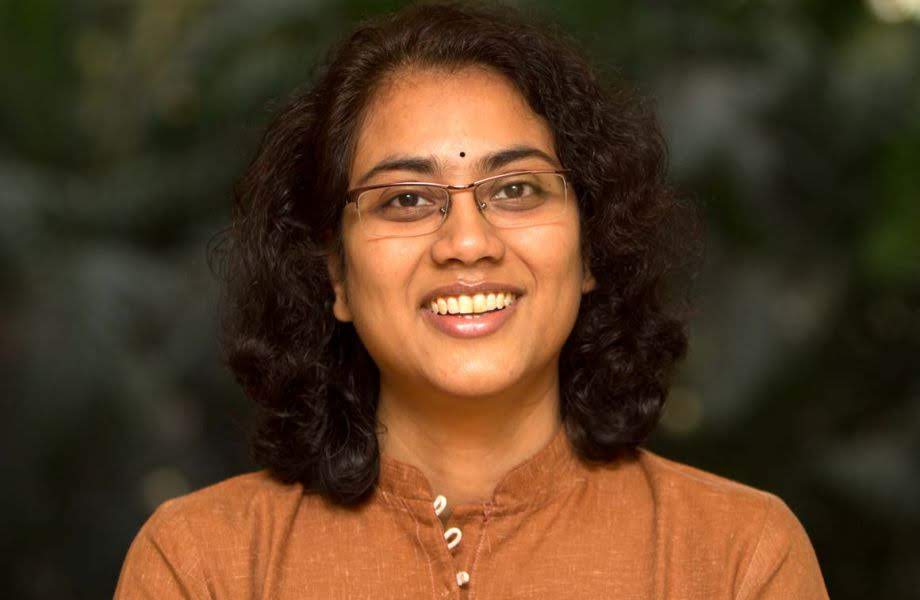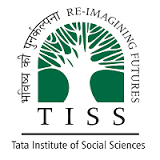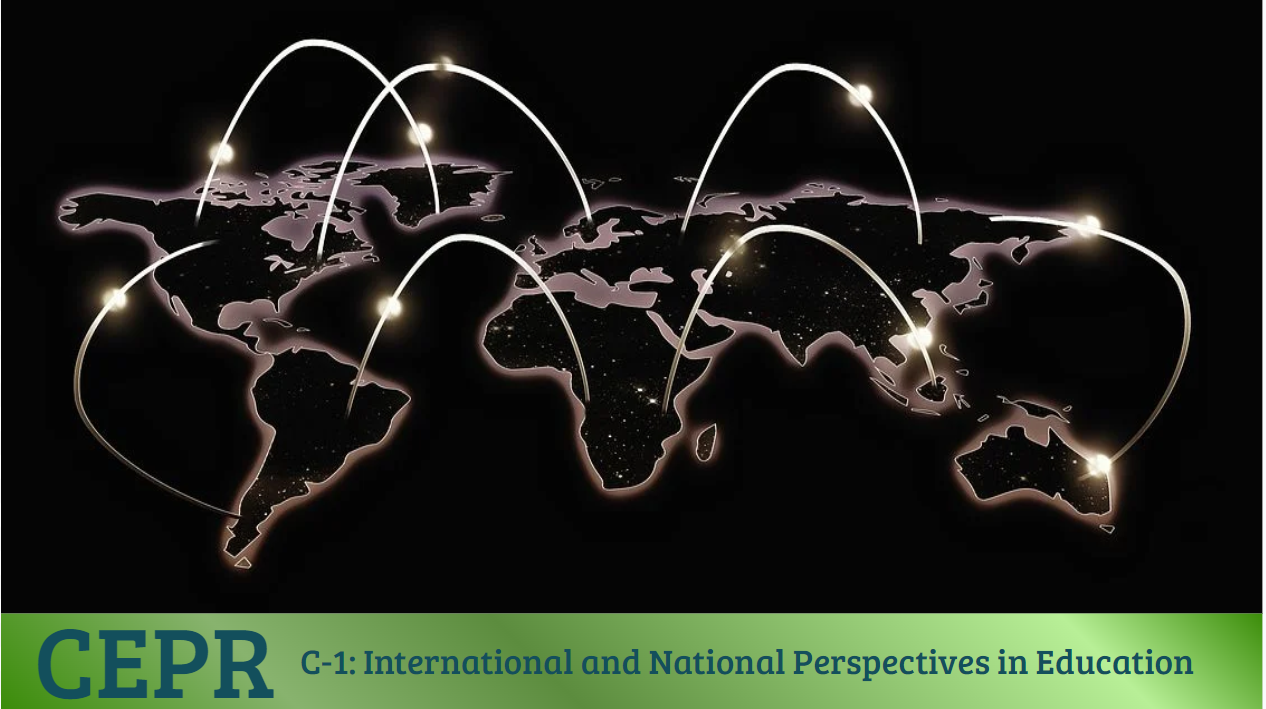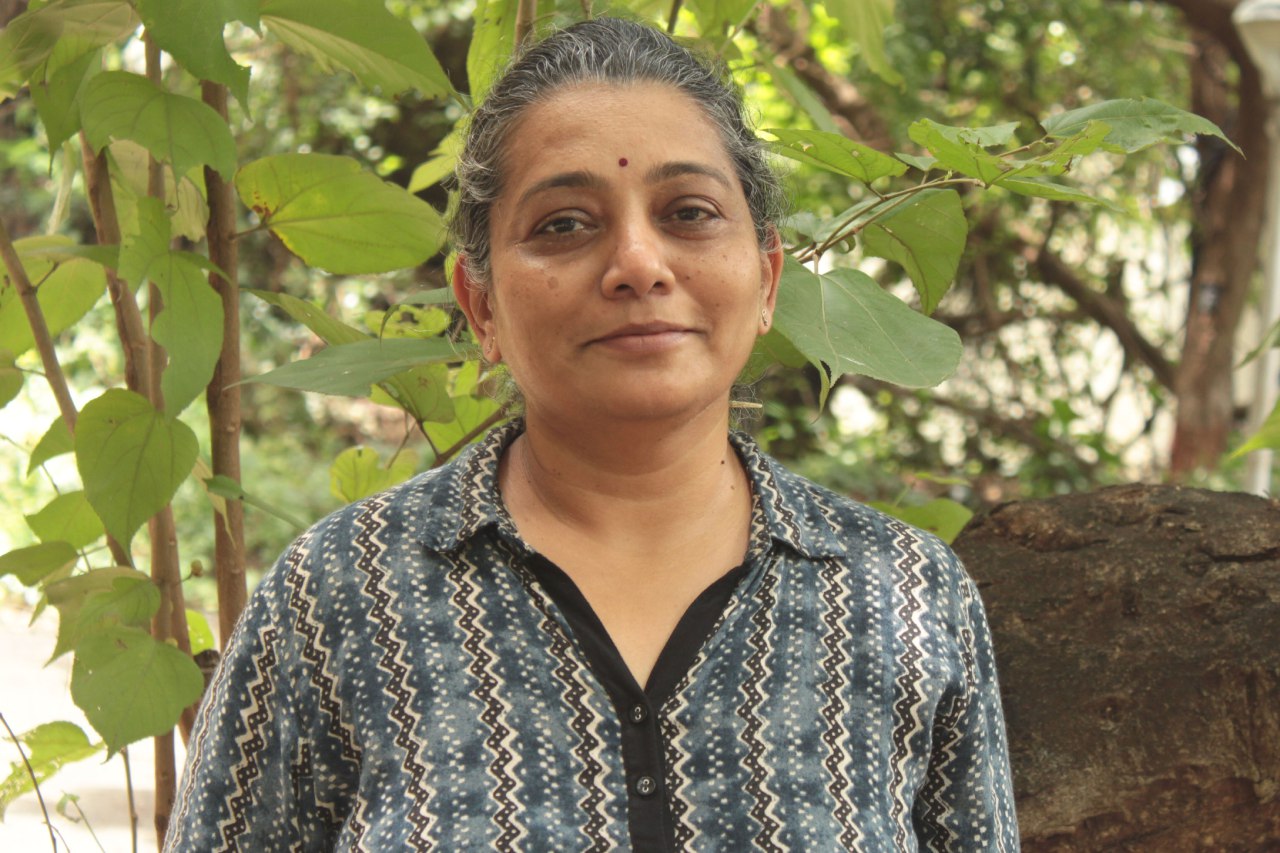About This Course
C-01 International and National Perspectives in Education is an independent course to earn Course Certification. This course is designed to provide participants with an overview and introduction to contemporary themes, policies and debates in the education and development discourse. The course uses current research, drawing from relevant national and international works via a series of facilitated talks by experts/researchers of national repute to examine the impact of the relevant perspectives for schooling and to understand the interaction of these points of view in relation to the system, the teacher and her work and student learning and outcomes.
After reasoning carefully in order to clarify thinking about the topics, this should help to understand consequences of these viewpoints for policies, for teacher preparation and classroom processes. It will also help to appreciate how a variety of social and cultural characteristics may impact students learning such as socioeconomic status, cultural & linguistic background, gender, geographic location and school type.
C-01 International and National Perspectives in Education
- Learning and Curriculum
- Equity, social justice and inclusion
- Non-Scholastic Curricular areas
- Vocational Education
- ICT & Education
- Student Assessment
- National Tests – NAS, ASER
- Assessment
- Teacher Assessment
- SDGs and Quality in education
- Organisation of educational systems
- Curriculum Framework for TE
- Education Reform in India
- History of education reform
- RTE
- Scaled Interventions in India
- Global Education Reform
- Models of regulation of Education in India
- Regulation in Education
Course Objectives
At the end of the course, learners will be able to
- Comprehend contemporary themes, policies and debates in the education and development discourse.
- Use relevant research, drawing from relevant national and international policies and reports to examine the impact of the relevant perspectives for schooling and to understand the interaction of these points of view in relation to the system, the teacher and her work and student learning and outcomes.
Who can join the course?
- Must be a teacher educator.
- Has paid the fees for the course or the programme.
Course Staff
Anusha Ramanathan
Anusha Ramanathan is currently an Assistant Professor in the Centre of Excellence in Teacher Education (CETE) at the Tata Institute of Social Sciences (TISS), Mumbai.She is the Academic Coordinator for CETE's Short Term Programmes. She leads TPD English and coordinates the academic aspects of TISSx, an Open edX based MOOC platform (see https://www.tissx.tiss.edu/). She is a Co-Principal Investigator for Connected Learning Initiative (CLIx - See https://clix.tiss.edu), a UNESCO and OEC award-winning action research initiative funded by Tata Trusts and co-led by TISS and MIT, USA. She teaches Language Education, Assessment, Critical Reading and Academic Skills courses across MA Education, BEd-MEd, MA Education for Teacher Educators from Afghanistan programmes. She also designs, develops and facilitates MOOCS and workshops on Assessment, EdTech, Language and Literature, Mentoring, Policy and Research. She is part of several Boards of Studies and Task Forces and Advisory Committees.
Richa Sharma
Richa Sharma is an Assistant Professor at the Centre of Excellence in Teacher Education(CETE) at TISS Mumbai. She is passionate about Philosophy of Education and Peace Studies. She co-leads World of Work, a project CETE is engaged in with DBSE. She teaches Social Sciences among other papers at CETE.
Mythili Ramchand
Mythili Ramchand is Co-Chair of the Centre of Excellence in Teacher Education(CETE) at TISS Mumbai. She was the Director of RV Educational Consortium, Bangalore from 2005 to 2018. She worked as science teacher educator and a high school physics teacher prior to 2005. Mythili has led a number of collaborative projects and research studies in Karnataka. She has worked on initial teacher education curriculum and developed reading and related materials and been involved in capacity enhancement programmes for faculty of education.
Mythili has offered her consultancy to a number of organisations and been in the panel of committees on teacher education curriculum renewal and reforms. She is currently a member of the Institutional Advisory Board of Regional Institute of Education, NCERT, Mysore.




